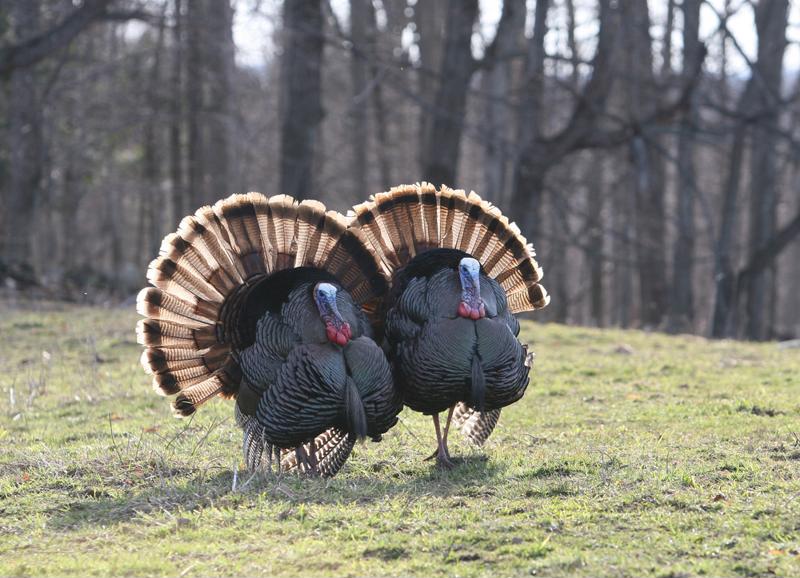At least 39 states around the country have at least one confirmed case of avian influenza affecting turkey flocks, according to estimates from the Department of Agriculture. For the most part, it isn't just one flock impacted in each of the over three dozen states — it's several, totaling at least 434 flocks, both commercial (204) as well as backyard (230). All told, at least 43.9 million turkeys nationwide may have the deadly strain, since that's the amount living on the premises of one or more infected fowl.
Jacinth Smily, chief financial officer for turkey processing giant Hormel Foods, said in a recent earnings call that the company is encountering supply issues because of the flu strain's impact on several of its farms, but she doesn't thing it will be for long. .
"Lower industry-wide turkey supplies are expected to keep prices higher near term," Smily said, as reported by Supply Chain Dive.
This isn't the first time this year that bird flu has mired turkey supply chains — neither for the U.S. nor Hormel, for that matter. In March, for example, Hormel subsidiary Jennie-O announced that the Avian strain known as HPAI decimated one of its flocks in Minnesota. At the time, there had been 77 reported incidents involving bird flu affecting backyard and commercial flocks in the country overall.

Unusual time of year for bird flu to survive
What does make this most recent outbreak different from the ones earlier is the time of year it's taking place, a circumstance not lost on Hormel President Jim Snee, who also serves as the company's CEO.
"Historically, warm weather or heat has really tapped [avian flu] down," Snee said. "But you're starting to see cases in California where temperatures are higher."
Indeed, as of Sept. 9, USDA reports that at least 504,000 turkeys in the Golden State have either been infected by bird flu, culled or removed from the food supply chain because of the adverse health repercussions that could result, primarily impacting other turkeys. No state has felt the impact more than Iowa, which as it happens leads the United States in poultry production. The outbreak has affected over 13 million birds in the Hawkeye State.
Generally speaking, Avian flu does not pose serious harm to human beings, but it is highly contagious among bird populations, particularly poultry. And when a bird contracts the disease, that animal and others typically have to be killed to contain its spread. Between January and July, over 5.4 million turkeys were either slaughtered or died after becoming infected, according to USDA figures. That amounts to around 2.5% of all turkeys that were slaughtered last year solely for meat use.



Post A Comment:
0 comments so far,add yours